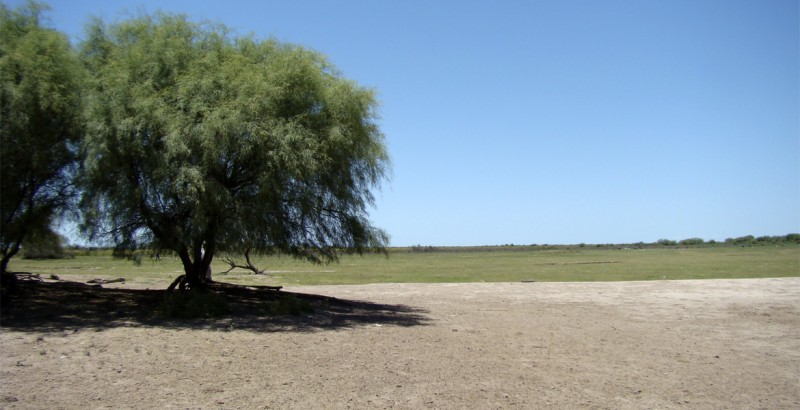Sustainable soil management is key to addressing the climate crisis: IPCC report
Geneve, Swiss- August 8th 2019
The way we eat, dress and extract resources from nature is changing the Earth’s climate, contributing 23% of the emissions that heat the atmosphere. And this endangers the fundamental resource that sustains life: the soil.
This concludes the Special Report on Climate Change and Land of the Intergovernmental Panel on Climate Change (IPCC). This panel studies the relationship between the land masses and the atmosphere, and how one affects the other due to the way we eat and consume.
Currently, humans occupy 72% of the planet’s non-frozen surface, whether for agriculture and livestock or for forest plantations, among other activities. But, paradoxically, one third of the food produced is wasted, which, in turn, generates more greenhouse gases and more global warming.
To meet the goals of the Paris Agreement, which is to limit the rise in temperature by 1.5 / 2 ° C by the end of the century with respect to pre-industrial levels, it is necessary not only to eliminate the use of fossil fuels – whose burning is the main engine of the climate crisis – but also putting emphasis on the pressure that humans put on the ground.
The IPCC recommends that governments stop deforestation, taking into account that forests and forests absorb a third of global carbon dioxide emissions, in addition to playing an important role in the cooling of the crust or the generation of rainfall.
The pressure on different environments is particularly accentuated in the most vulnerable countries, such as those that make up Latin America. Today, some 500 million people live on soils that have been desertified. Argentina does not escape this trend, as evidenced by the Patagonian soils that have been overexploited due to the intense use of livestock production.
“The soil provides the main basis for human well-being and livelihoods, including the provision of food, fresh water and other multiple ecosystem services, as well as biodiversity,” the report said.
And he explains: “Soil is both a source and a sink for greenhouse gases (GHGs) and plays a key role in the exchange of energy, water and aerosols between the earth’s surface and the atmosphere. Terrestrial ecosystems and biodiversity are vulnerable to climate change and extreme weather events, to varying degrees. Sustainable land management can help reduce the negative impacts of multiple phenomena, including climate change, ecosystems and societies. ”
Although there is no specific recommendation regarding meat consumption, the call for a change in behavior is explicit. According to the German expert Charlotte Streck of the Climate Focus organization, if the current rate of consumption and population increase continued in 2050, agricultural land should have increased by six million square kilometers, twice the total area of Argentina .
The way we produce food will affect food security in the future. Each degree of temperature that increases will feel much more in the productivity of the five main crops in the world: wheat, soybeans, corn, rice and sorghum.
The report says: “The data available since 1961 show that the per capita supply of vegetable oils and meat has more than doubled and the supply of food calories per capita has increased by one third. Currently, 25-30% of the total food produced is lost or wasted. These factors are associated with more GHG emissions. Changes in consumption habits have contributed to the overweight and obesity of about 2 billion adults. Approximately 821 million people still suffer from malnutrition. ”
IPCC scientists hope that their report will inspire new land exploitation policies by different governments, and that first commitments will be made and announced at the Climate Summit to be held on September 23 at the United Nations headquarters in New York.
